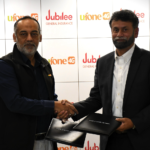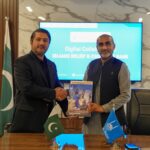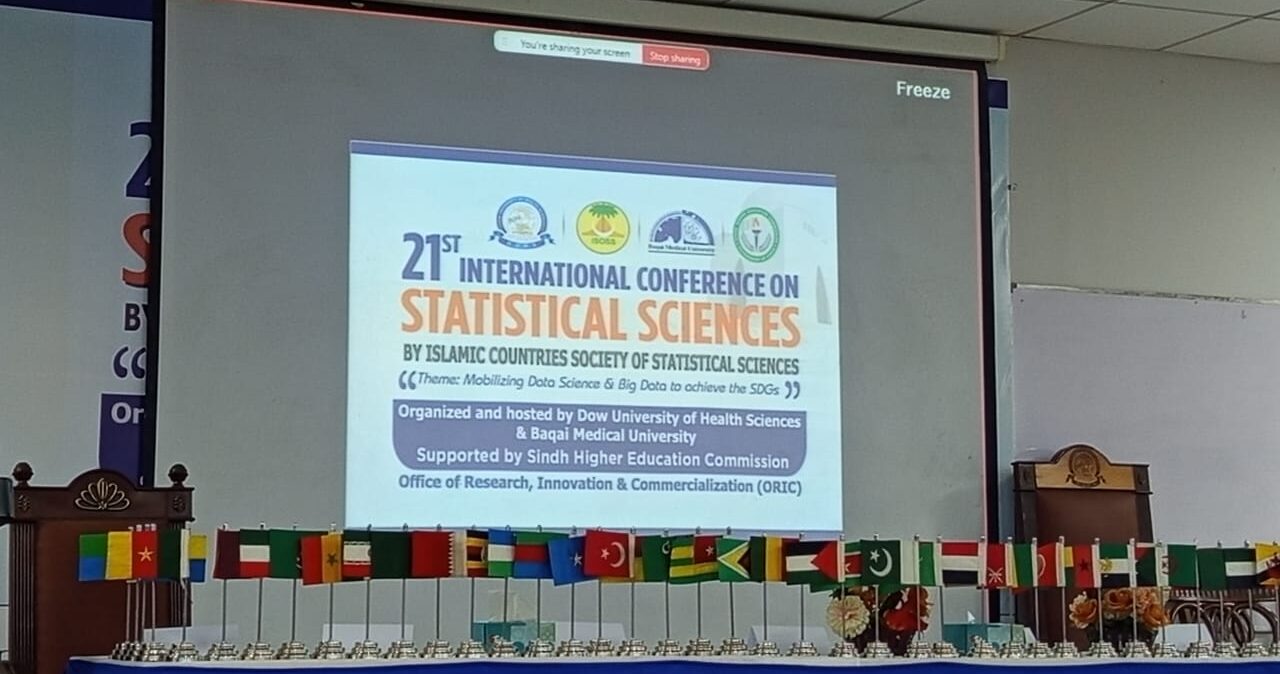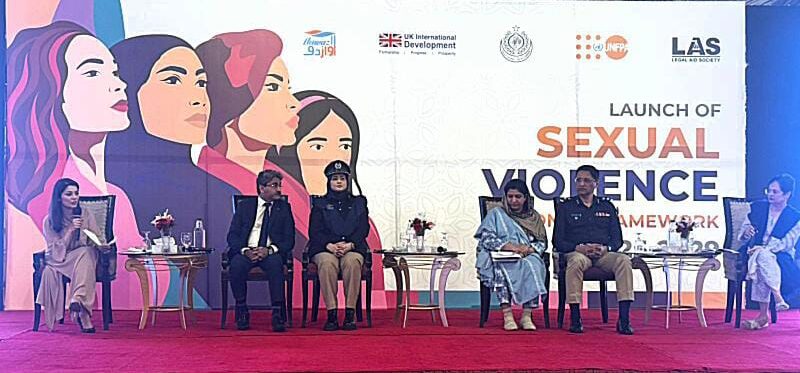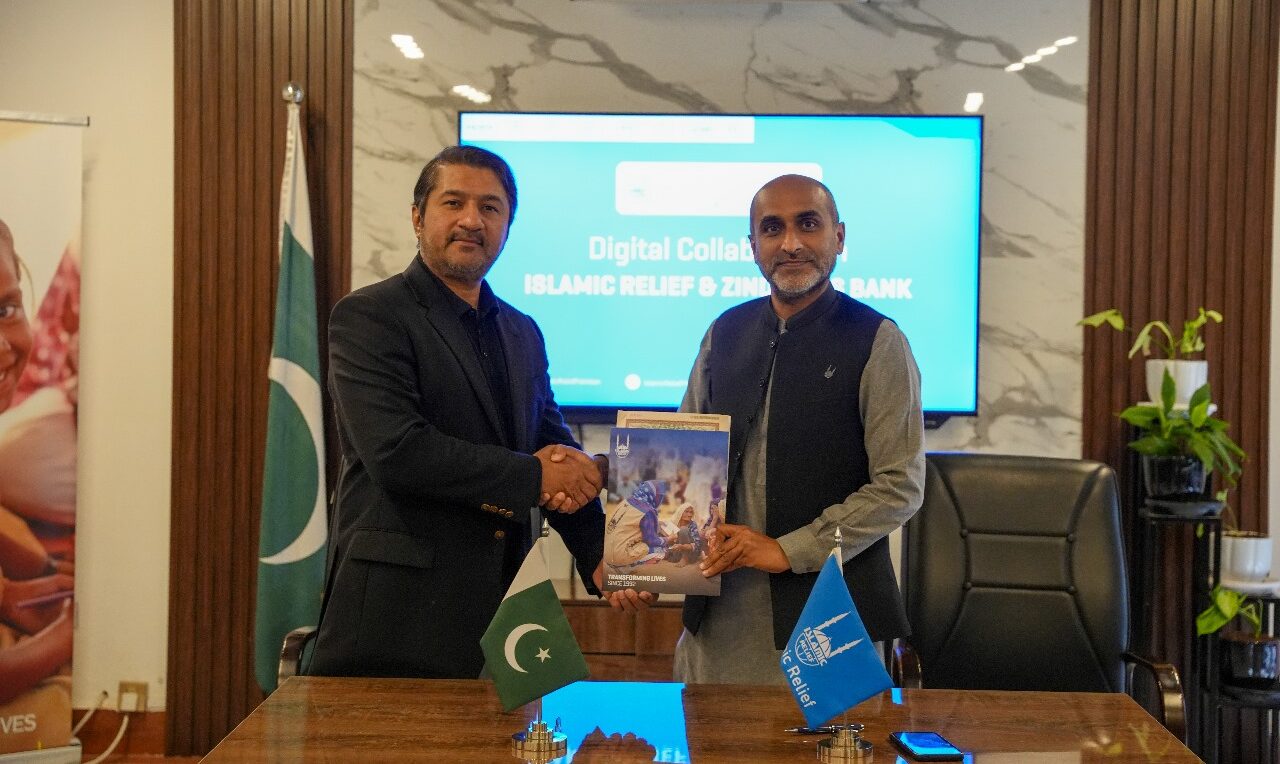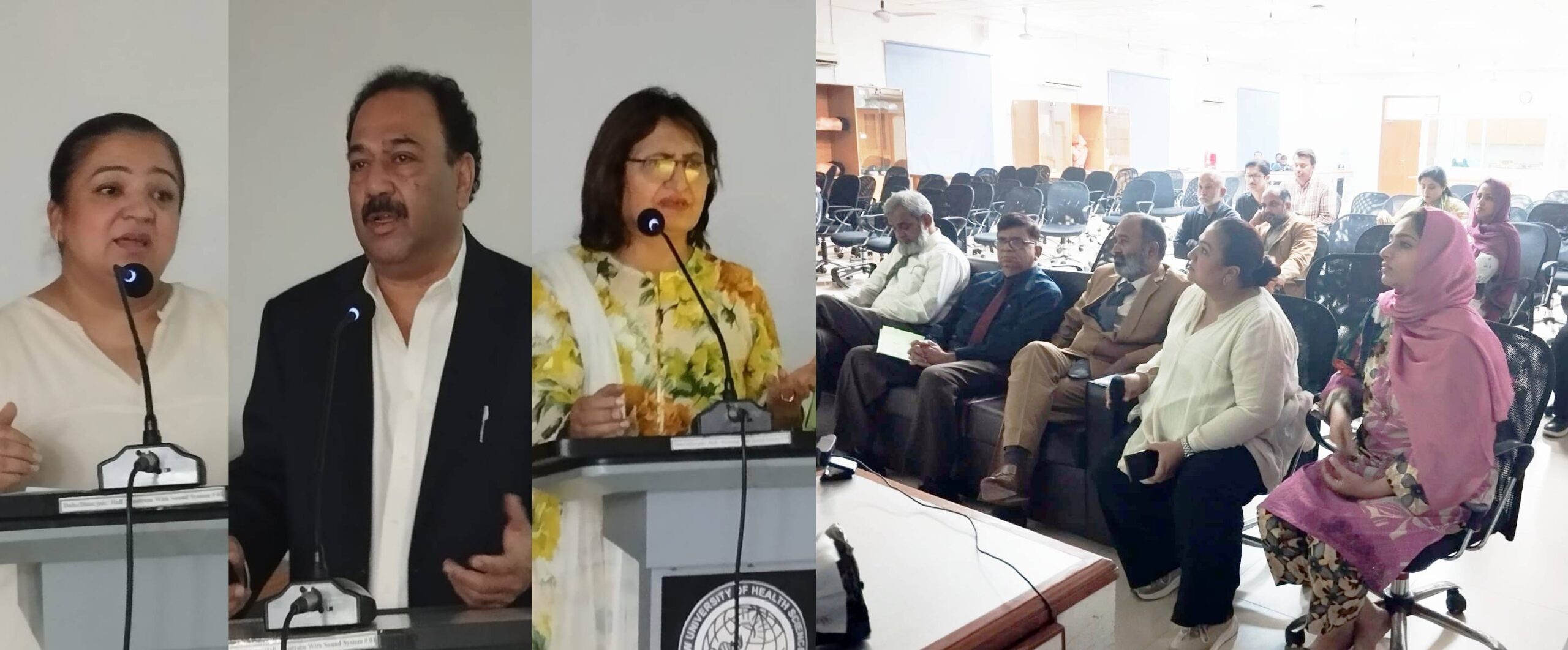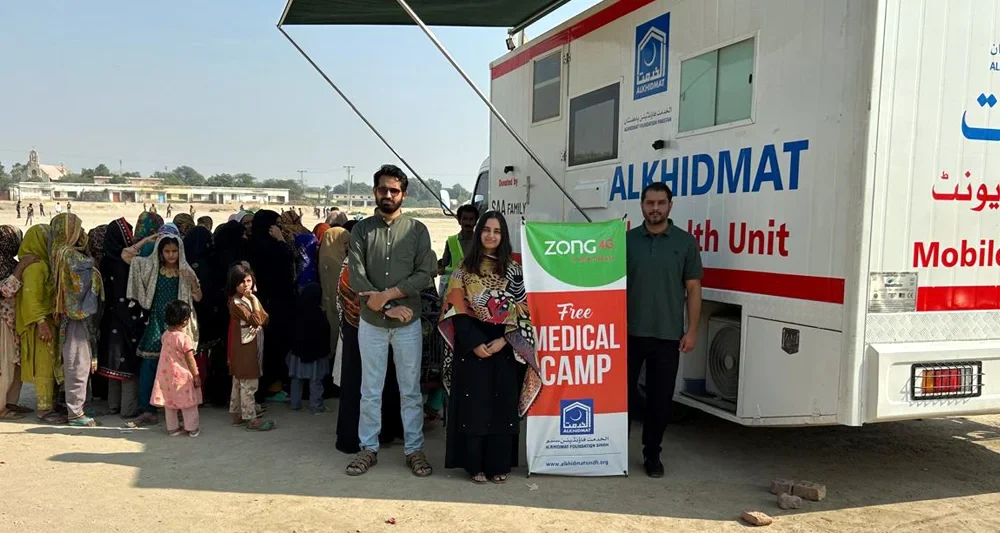KARACHI, December 09 2024: The Chairman of the Sindh Higher Education Commission (SHEC), Professor Syed Muhammad Tariq Rafi, emphasized the critical need for accurate data to drive meaningful research in Pakistan. Speaking at the inauguration of the 21st International Statistical Conference, he highlighted the challenges faced due to the unavailability of accurate disease data in Pakistan, making it difficult to conduct meaningful research. He underscored that research conferences are only valuable if they lead to actionable recommendations, noting that without data, there is no research.
Professor Rafi expressed concern over Pakistan’s reliance on international data to formulate its policies, explaining that this data often fails to reflect the true health patterns and other issues in the country. He argued that without local, accurate data, Pakistan’s efforts to address public health issues such as food security, climate change, and polio are insufficient. He also stressed the importance of artificial intelligence (AI), but reminded the audience that while AI is powerful, it can never replace human intelligence or thought. “Machines can never change our beliefs, and humans will never be ruled by machines,” he stated, advocating for the continued primacy of human intellect in research.
The conference, held at Dow University’s Ojha Campus and hosted by Dow University of Health Sciences (DUHS) and Baqai Medical University, was attended by key figures in academia and healthcare, including Professor Muhammad Saeed Quraishy (Vice-Chancellor, DUHS), Professor Iftikhar A. Siddiqui (Vice-Chancellor, Baqai Medical University), and Dr. Zahoor Ahmed (Secretary-General, Islamic Countries Society of Statistical Sciences, ISOSS). The event brought together international experts from countries including Bangladesh and Canada to discuss the application of statistical science in solving global health challenges.
Professor Saeed Quraishy addressed the audience, highlighting the growing role of statistical sciences in shaping healthcare and evidence-based policies. He discussed the intersection of traditional methodologies and emerging technologies like AI, pointing out that statistical models form the foundation of AI applications in healthcare. He emphasized that the integration of statistics and AI opens new possibilities for addressing public health issues, from disease prediction to personalized treatments.
The three-day conference, which included 21 sessions, aimed to promote statistical research, encourage collaboration, and support professional development. Experts presented papers on the applications of statistical models in meta-analysis, machine learning, predictive analytics, and their role in improving healthcare systems.
Professor Tariq Rafi called on the organizers to issue actionable recommendations at the end of the conference that could be forwarded to the government for implementation. He stressed the importance of research outcomes that impact Pakistan’s healthcare system and its environmental and social challenges, urging the researchers not to wait for implementation but to take the initiative.
The conference also featured valuable discussions on the integration of AI and statistical sciences to address challenges like disease outbreaks, resource optimization in public health, and drug development. With the establishment of a new institute for AI and innovative technologies at DUHS, Professor Quraishy affirmed the institution’s commitment to using technological advancements to improve healthcare outcomes.
As the conference concluded, the participants were presented with shields and certificates in recognition of their contributions, and the event was hailed as a successful platform for advancing statistical sciences in the context of global and national challenges.


















































































































































































































































































